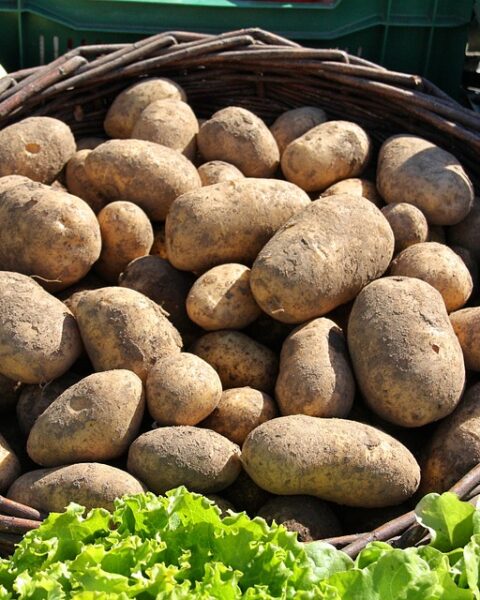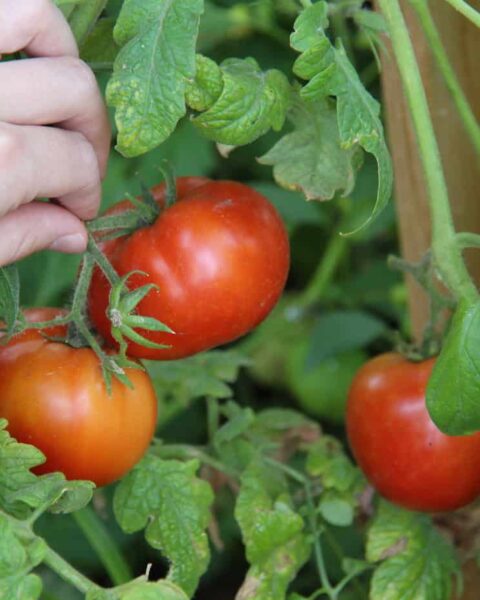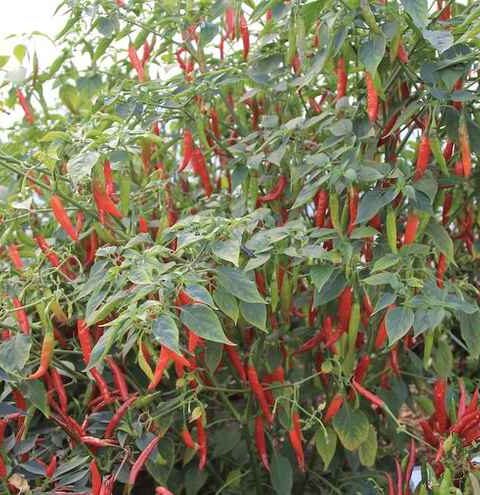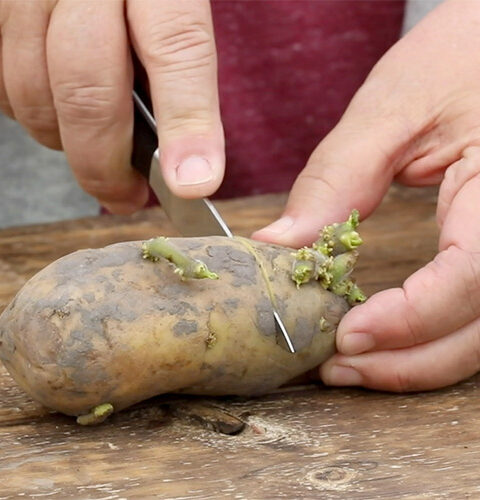Cucumbers are a popular addition to many home gardens, cherished for their crispness, versatility, and nutritional value. However, achieving a bountiful harvest of cucumbers requires proper care, including providing adequate nutrients to the plants. While synthetic fertilizers are commonly used, there’s a growing interest in natural alternatives. In this guide, we’ll explore how you can double the yield of cucumbers using natural fertilizers, promoting healthier plants and a more sustainable gardening approach.
Understanding the Importance of Fertilization: Fertilization is crucial for the successful growth of cucumbers. These plants have specific nutrient requirements, including nitrogen, phosphorus, potassium, and various micronutrients. Insufficient nutrients can lead to stunted growth, poor fruit development, and susceptibility to diseases. While synthetic fertilizers can address these needs, they often come with environmental concerns and may disrupt soil ecosystems over time.
Natural Fertilizers for Cucumbers:
- Compost: Compost is a powerhouse of nutrients and beneficial microorganisms essential for plant growth. Rich in organic matter, compost improves soil structure, moisture retention, and nutrient availability. Incorporating compost into the soil before planting provides a steady release of nutrients throughout the growing season. Additionally, top-dressing cucumbers with compost mid-season can replenish nutrients and promote healthy foliage and fruit development.
- Manure: Well-aged animal manure, such as cow or chicken manure, is an excellent source of nitrogen, phosphorus, and potassium. However, it’s crucial to use composted manure to prevent burning plants and reduce the risk of contaminating produce with harmful pathogens. Apply manure to the soil before planting or incorporate it into compost for a balanced nutrient mix. Avoid using fresh manure directly on cucumber plants to prevent nitrogen burn.
- Organic Fertilizers: Various organic fertilizers, such as fish emulsion, bone meal, and seaweed extracts, provide specific nutrients tailored to cucumber needs. Fish emulsion, for instance, is high in nitrogen, ideal for promoting vigorous vine growth. Bone meal contributes phosphorus for strong root development, while seaweed extracts offer potassium and micronutrients for overall plant health. These organic fertilizers can be applied according to package instructions throughout the growing season.
- Mulching: Mulching not only conserves soil moisture and suppresses weeds but also enriches the soil as organic matter decomposes. Organic mulches like straw, grass clippings, or shredded leaves gradually release nutrients into the soil, supporting cucumber growth. Additionally, mulching helps maintain consistent soil temperatures, which is beneficial for cucumbers, as they prefer warm conditions for optimal growth and fruit production.
- Companion Planting: Certain companion plants can act as natural fertilizers by fixing nitrogen in the soil or attracting beneficial insects that enhance nutrient availability. Legumes like peas and beans have nitrogen-fixing abilities, enriching the soil with this essential nutrient. Herbs like dill and borage attract pollinators and beneficial insects, aiding in cucumber pollination and pest control. Intercropping cucumbers with these companion plants can improve soil fertility and overall yield.
Conclusion: Maximizing cucumber yield with natural fertilizers not only benefits your garden but also promotes environmental sustainability and plant health. By harnessing the power of compost, manure, organic fertilizers, mulching, and companion planting, gardeners can create nutrient-rich soil ecosystems that support robust cucumber growth and abundant harvests. Embracing these natural methods not only doubles the yield of cucumbers but also fosters a deeper connection to the earth and its ecosystems, enriching the gardening experience for enthusiasts worldwide.





